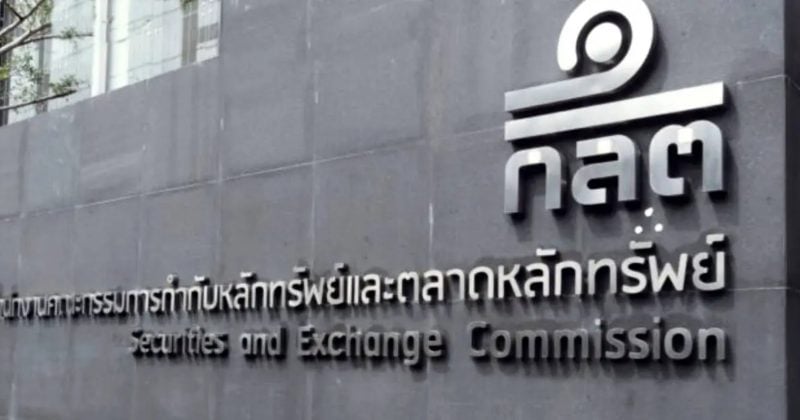Thailand's crypto sandbox could enhance tourism by integrating digital finance, but requires careful regulation to address security concerns.
The post Thai SEC and central bank plan to launch crypto sandbox for foreign tourists appeared first on Crypto Briefi…
Why it matters
- Thailand's initiative aims to integrate cryptocurrency solutions to attract foreign tourists, potentially boosting the economy.
- The proposed sandbox allows for experimentation with digital finance while maintaining regulatory oversight to safeguard users.
- A careful approach to regulation is essential to mitigate risks associated with digital currencies in the tourism sector.
Thailand is taking a significant step towards modernizing its tourism industry by exploring the integration of cryptocurrency through a newly proposed crypto sandbox. The Thai Securities and Exchange Commission (SEC) and the central bank are collaborating to create a regulatory framework that would allow foreign tourists to engage with digital currencies while visiting the country. This initiative could potentially revolutionize the way tourists interact with financial services, enhancing their travel experiences and fostering a more tech-savvy economy.
The proposed sandbox is designed to facilitate the testing and development of cryptocurrency applications specifically tailored for the tourism sector. By allowing these innovations to be trialed under real-world conditions, the Thai government aims to create an environment where digital finance can thrive. This move is expected to attract tech-savvy travelers who are increasingly looking for seamless and efficient ways to manage their finances while abroad.
However, the introduction of a crypto sandbox is not without its challenges. Regulatory bodies are tasked with ensuring that the framework is robust enough to protect consumers while also fostering innovation. Security concerns surrounding digital currencies are significant, as the industry has been plagued by instances of fraud and cyber-attacks. Therefore, regulators must strike a balance between encouraging the adoption of cryptocurrency solutions and safeguarding users from potential risks.
The tourism sector in Thailand has been one of the hardest hit by the COVID-19 pandemic, with international travel restrictions leading to a significant decline in visitor numbers. By implementing this crypto sandbox, Thailand aims to revitalize its tourism industry, offering foreign visitors a unique and modern way to engage with the local economy. The initiative could attract a new demographic of tourists who are interested in digital assets and innovative financial solutions.
Tourists utilizing cryptocurrency may find it easier to navigate expenses, from booking accommodations to making purchases at local businesses. This seamless integration of digital finance could enhance their overall experience in Thailand, encouraging longer stays and increased spending. Additionally, local businesses that embrace cryptocurrency could benefit from lower transaction fees and faster payment processing, making it more appealing for them to participate in the digital economy.
Despite the potential benefits, the success of the crypto sandbox will largely depend on how well it is regulated. Policymakers must carefully consider the implications of allowing foreign tourists to engage with cryptocurrencies in Thailand. This includes addressing issues related to compliance with anti-money laundering (AML) laws and ensuring that the infrastructure is in place to handle cryptocurrency transactions securely.
Moreover, the Thai government will need to engage in public education campaigns to inform both tourists and local businesses about the new digital finance landscape. This will help build trust in the system and encourage wider adoption of cryptocurrency solutions in everyday transactions.
As the global interest in cryptocurrencies continues to rise, Thailand's move could position the country as a leader in the digital finance space within Southeast Asia. The combination of a vibrant tourism sector and a welcoming attitude towards innovation could create a unique environment for the growth of both industries. However, the path forward must be navigated carefully, with a strong emphasis on regulatory compliance and consumer protection.
In conclusion, Thailand's initiative to launch a crypto sandbox for foreign tourists represents a forward-thinking approach to integrating digital finance into the tourism sector. While the potential benefits are significant, the focus must remain on ensuring that the regulatory framework is robust enough to handle the complexities of cryptocurrency transactions, ultimately paving the way for a more dynamic and resilient economy.











